The increased provision comes after a fresh wave of intrusive surveys uncovered widespread issues with cavity barriers hidden behind brickwork and render.
The full scale of the problems had not been picked up in earlier surface-level checks.
Roughly two-thirds of the fresh provision (£145m) has been allocated to fix the newly-identified cavity wall crisis.
The rest covers further cladding-related works, escalating site costs, professional fees, and adjustments following updated fire engineering assessments.
The sudden hike pushed Taylor Wimpey’s cladding provision to over £434m and dragged down operating margins to 9.7% from 12% a year ago.
Boss Jennie Daly said: “The safety of our customers remains our highest priority, and this principle has consistently guided our approach.”
She added that the provision represented the current best estimate to remediate its buildings.
“While no recoveries are included in the provision values, we are actively assessing and, where appropriate, pursuing claims against those responsible for poor design, workmanship, or material failures.”
Daly added that Taylor Wimpey was accelerating its remediation programme and expected cash outflows of around £100m this year, with no major impact to overall cashflow by 2026 due to offsetting tax benefits.
The exceptional charge more than wiped out profits despite an 11% rise in group completions to 5,264 homes. Operating profit before the cladding and contractor charges was £161m, slightly ahead of expectations.
But including the one-off £20m cost of a failed contractor on a London site and a £18m provision linked to the CMA’s information-sharing probe, bottom-line figures were hammered.
Group revenue rose 9% to £1.65bn, while net cash slumped to £327m from £584m as dividend payments and land investment continued.
Full-year guidance remains unchanged at 10,400 to 10,800 UK completions with group operating profit forecast at £424m.











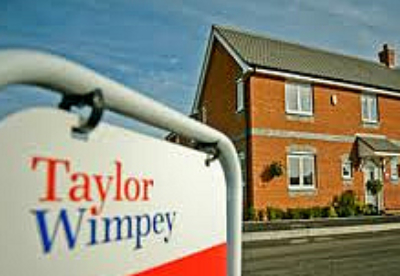
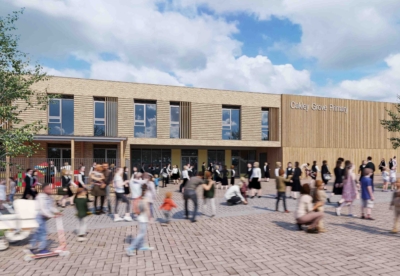



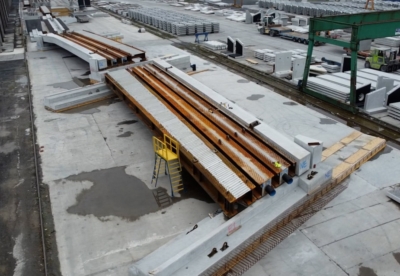


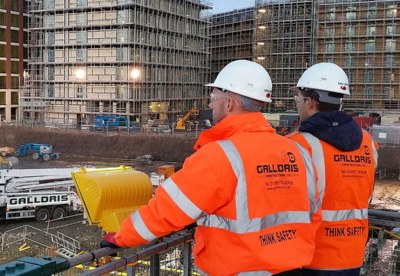


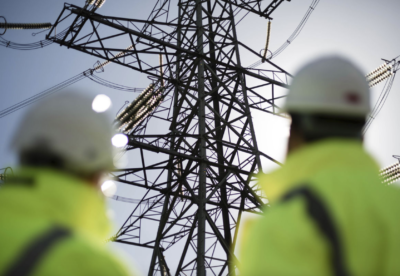
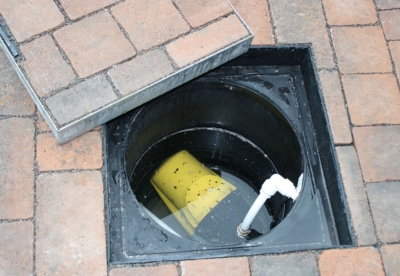
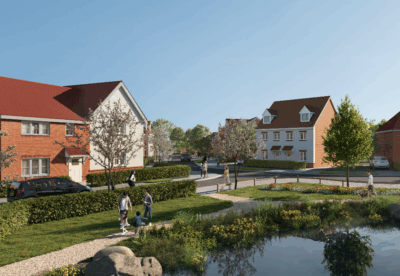

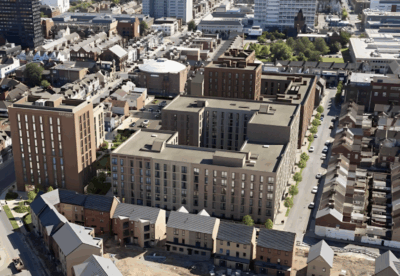

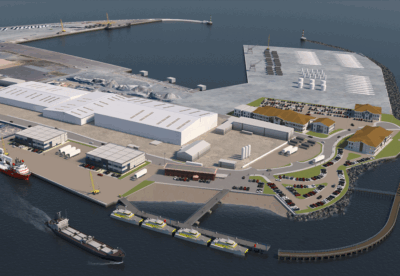




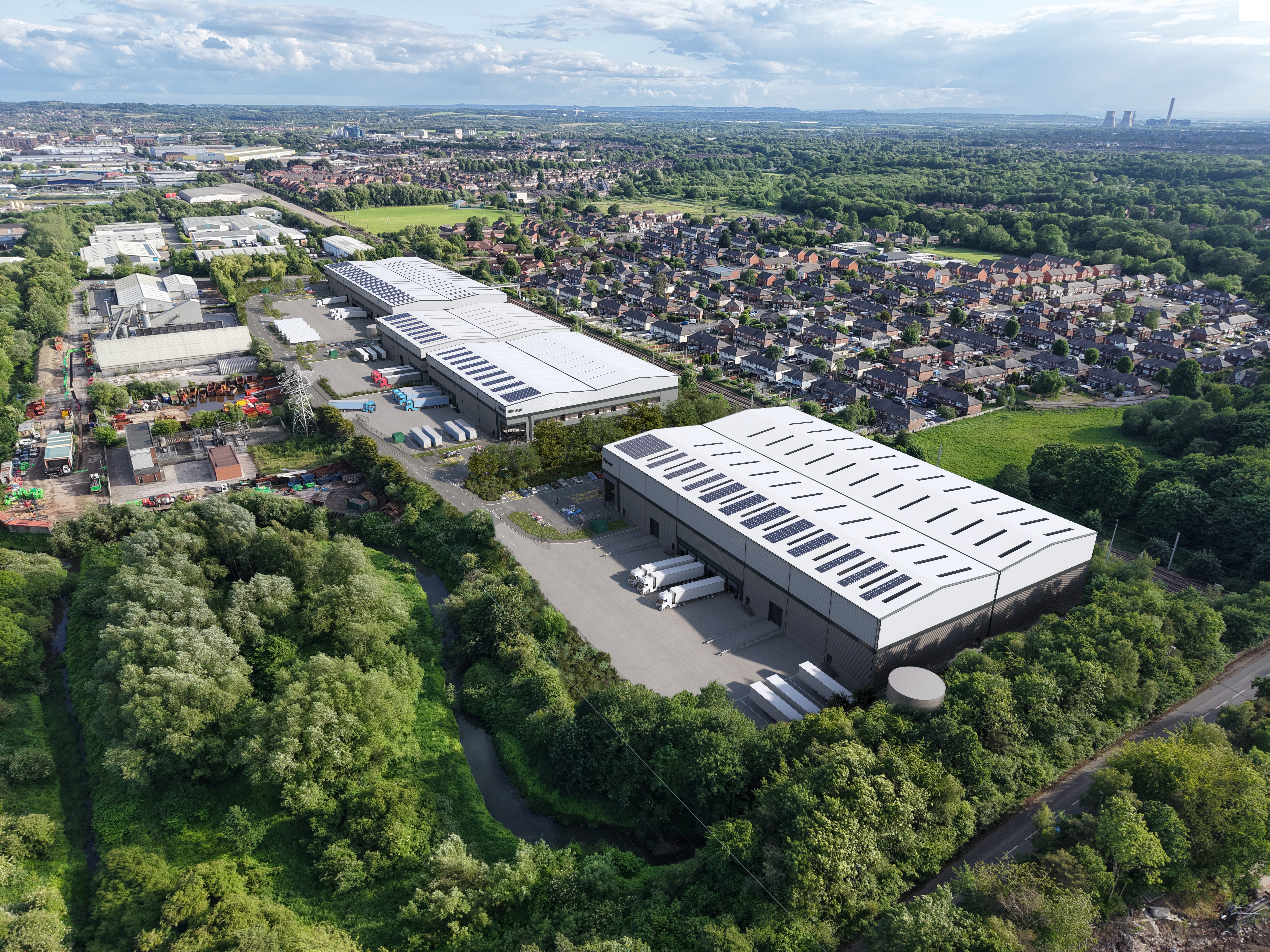
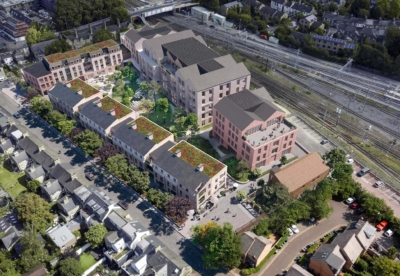

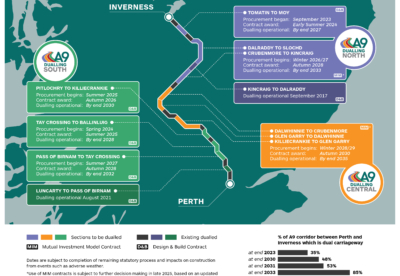




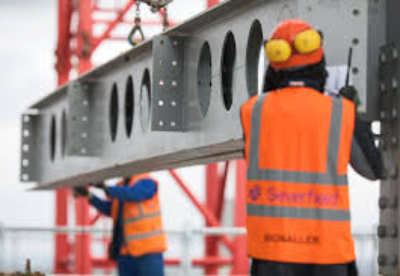

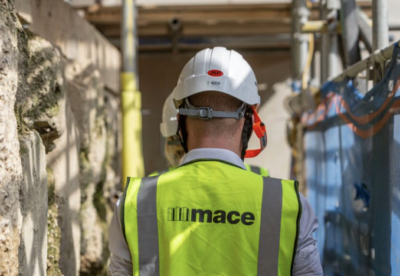









 (300 x 250 px) (2).png)